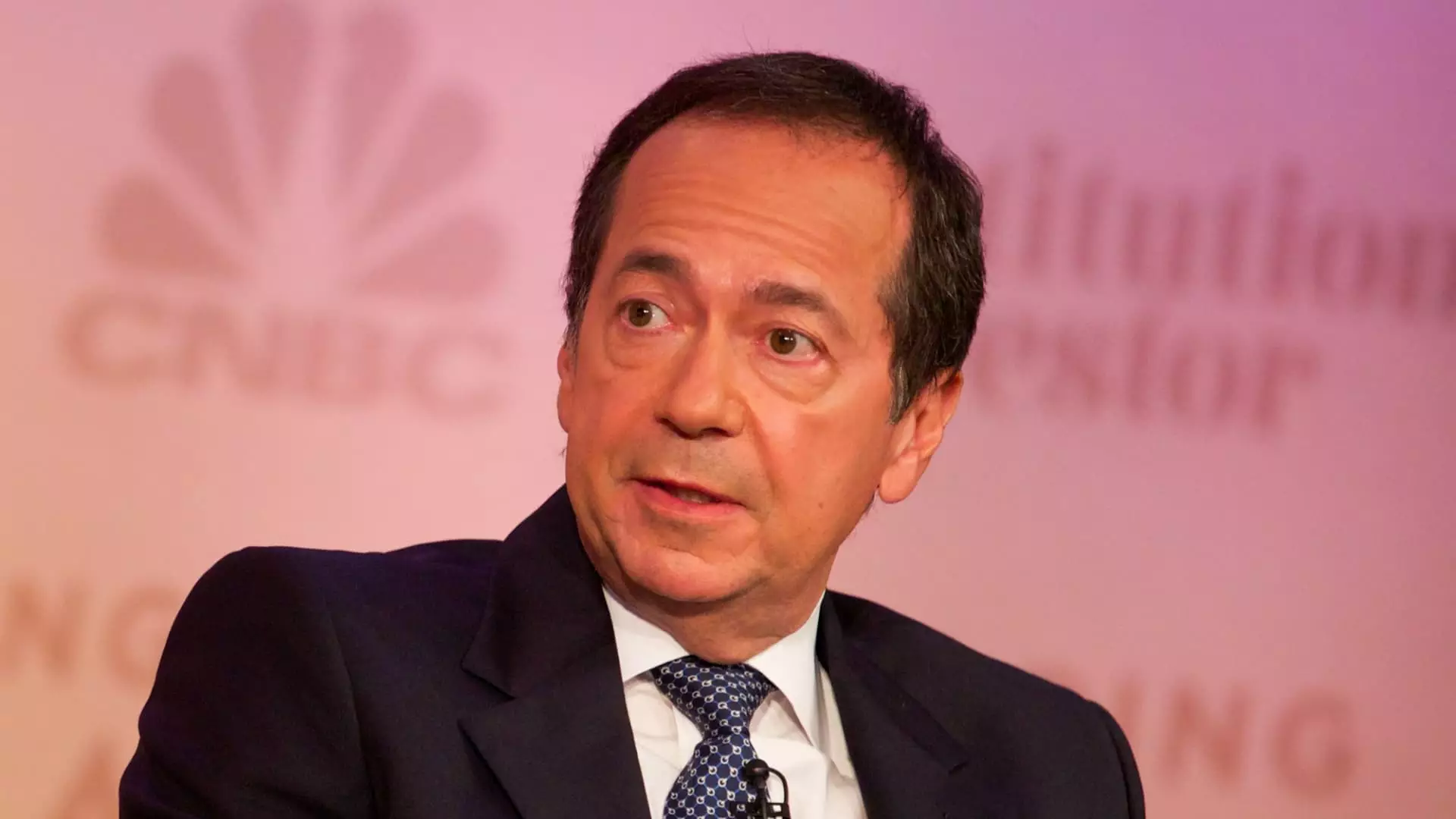In the world of finance and investment, rarely does one voice command the attention of investors and policymakers quite like John Paulson. Rising to fame by orchestrating a substantial bet against the housing market during the 2008 financial crisis, Paulson has cemented his reputation as a visionary investor, often prescient in his approach to market trends. Recently, in an interview with CNBC, he expressed dire warnings concerning proposed tax policies from Vice President Kamala Harris and the broader Democratic agenda under President Joe Biden. This article explores Paulson’s assertions, the implications of tax policy changes, and their potential impact on the economy.
In his recent dialogue with CNBC, Paulson voiced apprehensions about significant corporate tax hikes and increased capital gains taxes. He specifically highlighted proposals to elevate the corporate tax rate from 21% to 28% and to nearly double the capital gains tax for high earners—from 20% to 39%. Such measures, he argues, could trigger a catastrophic market downturn, reminiscent of the volatility observed during the financial crisis. According to Paulson, the pressures created by these tax policies could spur significant market sell-offs, leading to an economic recession.
The stakes are undeniably high, as potential tax changes could drastically alter the landscape for investors. Paulson’s expertise is rooted in a history of predicting economic downturns, and his warning serves as a critical signal to market observers. His assessment hinges on the idea that these fiscal policies would lead to decreased earnings for corporations, which, in turn, would reflect negatively on stock prices and overall market health.
Examining the proposed tax structures reveals a complicated web of implications. The suggestion to impose a 25% tax on unrealized capital gains—a concept that has been both championed and criticized—has particularly drawn skepticism. While it aims to address wealth inequality, critics argue that taxing unrealized gains could lead affluent individuals to liquidate assets hastily, destabilizing various markets including real estate and equities. Consequently, this mass exodus of capital might not only restrict liquidity but could also lead to a broader economic malaise.
Supporters of the proposed tax hikes argue they are necessary for funding public services and addressing climate change, yet Paulson’s perspective presents a counter-argument advocating for market stability over aggressive fiscal policies. This dichotomy highlights the ongoing debate about government intervention in the economy and whether such measures can yield the desired equity without catastrophic repercussions.
Paulson’s critique extends beyond mere tax policy; it interweaves with broader political narratives shaping the economic landscape. As a notable supporter of former President Donald Trump, he has cited concerns that any potential Biden-Harris administration could enact damaging economic policies that unnerve investors. Intriguingly, even within Democratic circles, there is a division regarding the viability of such tax strategies, with prominent figures suggesting that unrealistic targets could erode party unity.
Moreover, Paulson’s connections to the Trump campaign and his role as a potential Treasury Secretary candidate underscores the intertwining of financial interests and political ambitions. His financial acumen places him at the center of discussions surrounding national economic strategies, raising questions about the future of tax policy and its alignment with market stability.
John Paulson’s warnings about proposed tax policy changes resonate within a broader arena of economic forecasting and analysis. His assertions reflect a fundamental tension between progressive fiscal policies aimed at equity and the realities of market dynamics. As legislative agendas unfold, investors will keenly watch for shifts in tax policy, weighing their implications against historical precedents in economic downturns.
Moving forward, as political strategies evolve and proposals are debated, the financial world must remain vigilant. Whether or not Paulson’s sentiments prove prophetic remains to be seen, but his insights offer substantial food for thought regarding the multifaceted relationship between tax policy, investor behavior, and overall economic health. A reevaluation of these policies may be in order to ensure that progress does not come at the cost of economic stability.

